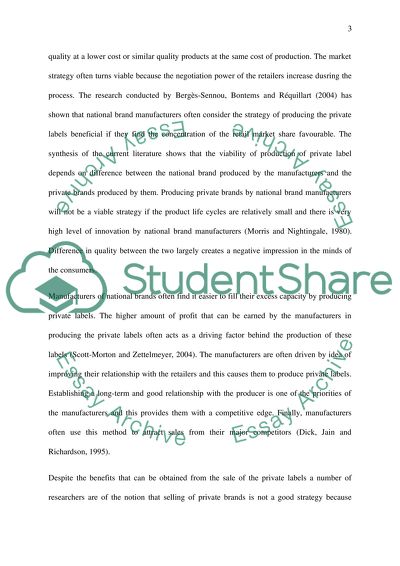Cite this document
(“Discuss whether producing and selling private labels could be a viable Essay”, n.d.)
Discuss whether producing and selling private labels could be a viable Essay. Retrieved from https://studentshare.org/marketing/1662955-discuss-whether-producing-and-selling-private-labels-could-be-a-viable-strategy-for-manufacturers-of-branded-products
Discuss whether producing and selling private labels could be a viable Essay. Retrieved from https://studentshare.org/marketing/1662955-discuss-whether-producing-and-selling-private-labels-could-be-a-viable-strategy-for-manufacturers-of-branded-products
(Discuss Whether Producing and Selling Private Labels Could Be a Viable Essay)
Discuss Whether Producing and Selling Private Labels Could Be a Viable Essay. https://studentshare.org/marketing/1662955-discuss-whether-producing-and-selling-private-labels-could-be-a-viable-strategy-for-manufacturers-of-branded-products.
Discuss Whether Producing and Selling Private Labels Could Be a Viable Essay. https://studentshare.org/marketing/1662955-discuss-whether-producing-and-selling-private-labels-could-be-a-viable-strategy-for-manufacturers-of-branded-products.
“Discuss Whether Producing and Selling Private Labels Could Be a Viable Essay”, n.d. https://studentshare.org/marketing/1662955-discuss-whether-producing-and-selling-private-labels-could-be-a-viable-strategy-for-manufacturers-of-branded-products.


